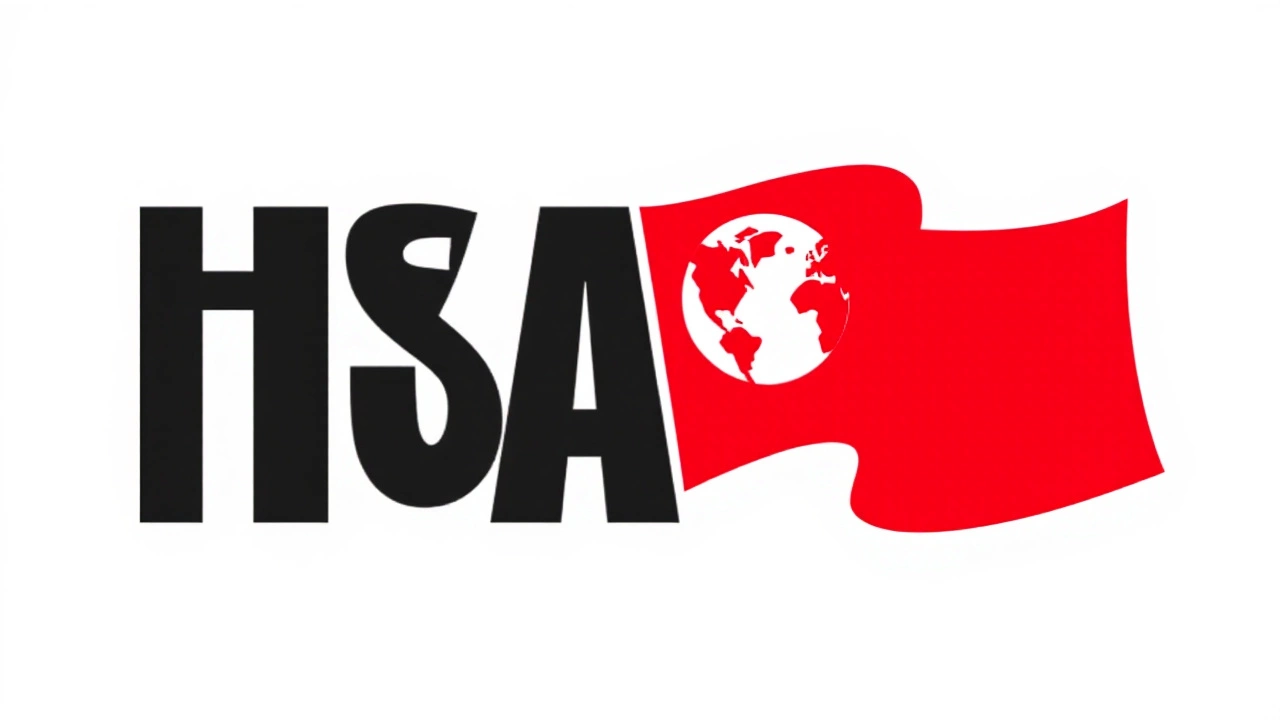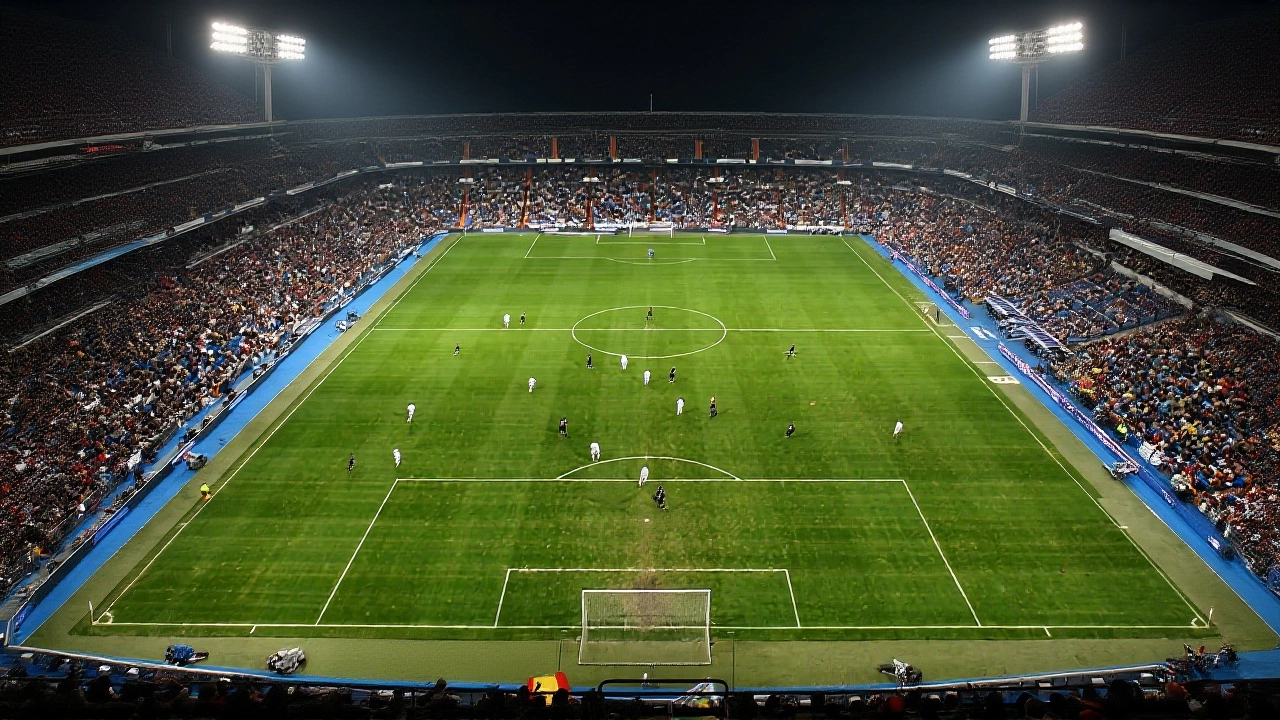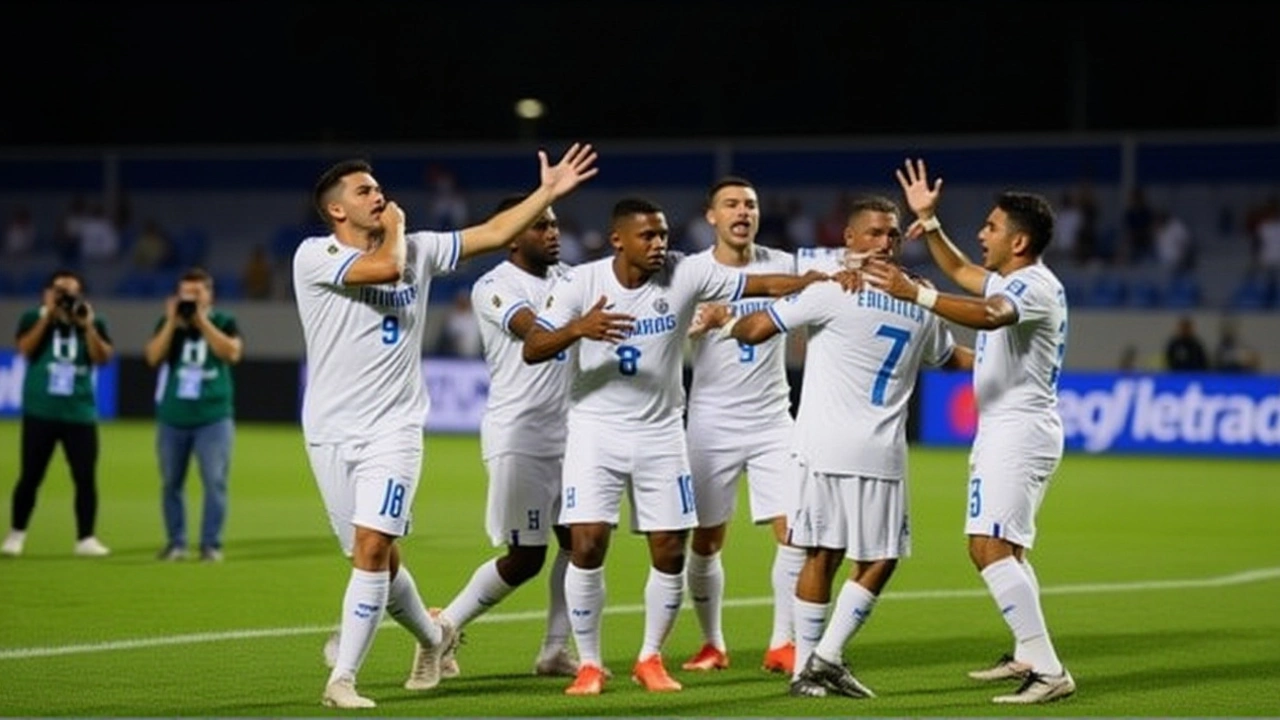The final whistle at Estadio Nacional de Costa Rica didn’t just end a match — it buried two decades of World Cup dreams. On , Costa Rica and Honduras played out a tense, goalless stalemate in the final match of CONCACAF’s Third Round qualifying for the 2026 FIFA World CupUnited States, Canada, and Mexico, sealing the fate of both teams. Neither side scored. Neither side advanced. And for the first time in over 20 years, Central America has no representative at the World Cup beyond the host nations.
Heartbreak in San Jose
The atmosphere inside the stadium was electric — not with celebration, but with dread. Fans knew what was at stake: a top-three finish in Group C meant automatic qualification. Fourth place meant a playoff lifeline. But after 90 minutes of missed chances, desperate tackles, and a handful of near-misses — including a deflected shot saved by Keylor Navas in the 75th minute — the scoreboard remained frozen at 0-0. The final whistle, blown at 90+10’, wasn’t met with cheers. It was met with silence. Then tears.For Costa Rica, it was the end of an era. The Ticos had qualified for every World Cup since 2002 — four in a row, including 2014, 2018, and 2022. They entered the match with seven points (1-4-1), needing a win to have any chance. But even a victory wouldn’t have been enough if Haiti held their lead. And they did. Haiti, with 11 points, had already secured first place. Honduras, sitting at nine points (2-3-1), needed a win and a Haiti loss to sneak into fourth. Neither happened.
"It’s over and the dream is over for both of these nations," said the CBS Sports Golazo America broadcast at full time. "The Classico Centro Americano ends in a draw and it’s heartbreak for both of these teams."
What Went Wrong?
It wasn’t for lack of effort. Costa Rica dominated possession in the opening 20 minutes, threading passes through Honduras’ midfield like they were trying to break a deadlock. But their final third play was lethargic. Creichel Pérez, the lone striker, was isolated. Midfielder Celso Borges, 37, ran himself ragged — his last World Cup campaign ending in frustration.Honduras, meanwhile, played with grit but little creativity. Their best chance came in the 64th minute when Luis Vega’s low drive was ruled offside after a VAR review — a decision that sparked outrage from the visiting bench. "Foot did appear to be on the ground," noted the broadcast, hinting at controversy. But even if it had stood, the goal wouldn’t have changed the outcome.
Neither team scored from set pieces. Neither team capitalized on turnovers. The result? A match that felt more like a funeral procession than a sporting contest.

The Bigger Picture
This isn’t just about two teams missing out. It’s about a region losing its voice on the world stage. Honduras had qualified for three of the last four World Cups — 2010, 2014, 2018. Costa Rica had become a punching bag for European giants in 2014, then stunned the world by reaching the quarterfinals. Now? Both are left behind.With the United States, Canada, and Mexico already locked in as hosts, the top three spots in Group C were the only path forward. Haiti’s rise — finishing with 11 points — was the surprise story. Their 2-0 win over Nicaragua on the same day sealed their place. Nicaragua, at the bottom with four points, was never a threat. But the real shock? That the traditional powers of Central America couldn’t even make it to the playoff.
"This is the most painful elimination in recent memory," said former Costa Rica captain Bryan Ruiz in a post-match interview. "We didn’t lose because we were bad. We lost because we didn’t believe we could win when it mattered most."

What’s Next for Central American Football?
The fallout is already beginning. In San Jose, fans burned jerseys outside the stadium. In Tegucigalpa, protests erupted over the national federation’s decision to retain coach Reinaldo Rueda despite years of underperformance. Both federations now face pressure to overhaul youth development programs — and fast.For the first time since 1998, no Central American nation will play in a World Cup. The region’s influence in CONCACAF is fading. Panama, Jamaica, and even Canada — once considered underdogs — now dominate the conversation. Meanwhile, Haiti’s rise, while inspiring, doesn’t fill the void left by two traditional powerhouses.
"We thought we were building something," said a 68-year-old fan in San Jose, clutching a faded 2014 World Cup scarf. "Now we’re just waiting for the next generation to come along. And I’m not sure I’ll be around to see it."
Frequently Asked Questions
Why didn’t Honduras qualify despite having more points than Costa Rica?
Honduras finished second in Group C with 9 points, but only the top three teams qualified automatically. Haiti secured first with 11 points, and the fourth-place team would have entered a playoff. With only three automatic spots available — and the hosts already taking three — Honduras needed to finish third or better. But even a win against Costa Rica wouldn’t have been enough if Haiti held on, which they did. The math simply didn’t work.
How did Haiti qualify over Costa Rica and Honduras?
Haiti finished Group C with 11 points (3 wins, 2 draws, 1 loss), thanks to key victories over Nicaragua and Honduras. Their 2-0 win over Nicaragua on the final matchday sealed their place ahead of Honduras. While Costa Rica and Honduras were busy canceling each other out, Haiti capitalized on their opportunities. It’s the first time Haiti has qualified for a World Cup since 1974 — a historic breakthrough, but one that couldn’t save Central America’s collective dream.
What does this mean for future CONCACAF qualifying?
This result exposes a growing gap between rising teams like Haiti and Jamaica and the traditional Central American powers. CONCACAF may need to restructure qualifying to give smaller nations more competitive games. The loss of Costa Rica and Honduras — both former quarterfinalists — weakens the region’s global profile. Expect pressure on federations to invest in youth academies and tactical modernization to avoid another collapse.
Were there any controversial decisions in the match?
Yes. In the 64th minute, Honduras’ Luis Vega appeared to have a goal disallowed for offside, but broadcast footage suggested his foot was grounded when the ball was played. VAR reviewed it and upheld the call, sparking outrage from the Honduran bench. While not decisive enough to change the result, it added to the sense of injustice felt by fans. The match ended with zero goals — and zero clear moments of brilliance.
